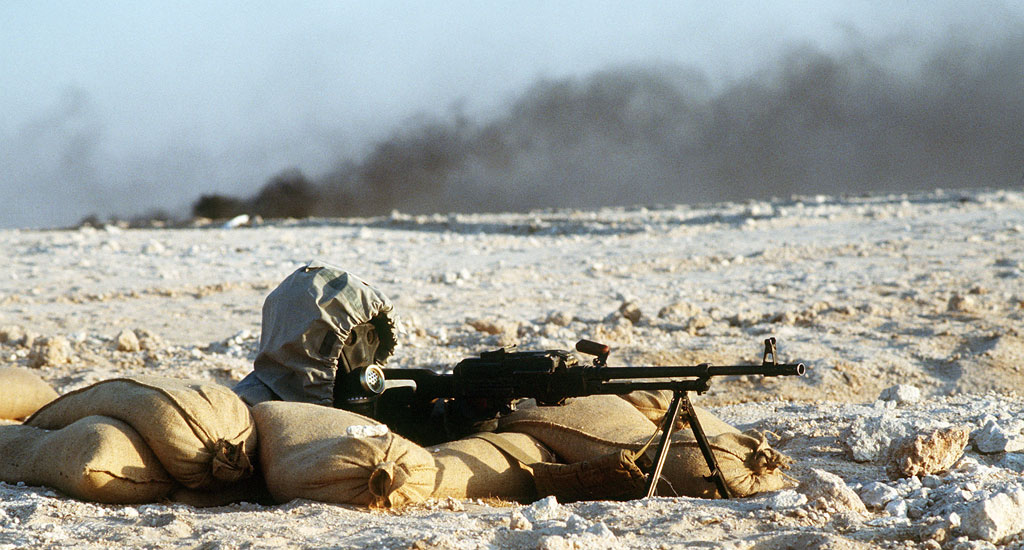By Alex Rake (Contributor) – Email
Print Edition: September 24, 2014

ISIS, a group attempting to establish its own caliphate (a sort of theocratic Islamic state) in parts of Syria and Iraq, has begun recruiting members from all over the world with the help of quality ad campaigns and social media. The fact that some Canadians feel moved to join ISIS is a scary idea for many of us because of the way we typically oppose violence and religious fundamentalism. This issue is doubly unnerving because we are generally misinformed or only hear one side’s argument about the issues in the Middle East. But rather than react to this fear with more fear-mongering, it would be useful to attempt some understanding.
Allow me to be a good English student and deal with ISIS’ activity using literature. In Virgil’s Aeneid, the Trojan leader (and son of Venus) Aeneas leaves his defeated city of Troy to establish a new empire — Rome. Although the epic paints Aeneas as a compassionate character, his compassion often weakens in the face of stronger emotions. He nearly shows his rival Turnus mercy, until he recognizes his friend Pallas’ sword belt on his enemy — who had taken it as spoils after killing Pallas — and he succumbs to anger. Instead of ending with the actual establishment of Rome, the poem ends with Aeneas killing Turnus; the poet forgoes resolving Aeneas’s purpose to emphasize that the goddess’s son remains human.
Aeneas doesn’t need to kill Turnus for the sake of his duty, but seeing his friend’s belt stolen triggers his rage. In the same way, something must have triggered the members of ISIS beyond a religious sense of duty; what sword belt do they see, and on whom? We don’t see much besides ISIS’s violent actions in Western media, when the public could do with deeper information on their causes. Perhaps this is why some Canadians are swayed by the campaigns, hearing ISIS’s perspective for the first time from ISIS itself.
I don’t agree with ISIS or any group which uses old religion for its code of values, but dealing with their influence is impossible without understanding their perspective beyond their “bad guy” status. As human context is almost always missing from Western reports of groups that don’t serve Western interests, we deprive ourselves of any really useful understanding by avoiding discussions regarding ISIS’s human context. How is their use of media to convince us that violent action equals good action any different from our government’s use of media to convince us that voting for the guy who likes Tim Horton’s the most is the proper choice? Or Coca-Cola’s use of media to convince us that a dehydrating can of black, sugary soda-water is a good thing to drink on a blazing hot day?
We ought to be as wary of reports condemning what we fear because we, in these cases, seem to support what we fear. I don’t have complete answers yet for any of the questions I’ve posed in this article, but they are worth seeking out. Issues of war and peace aren’t as simple as good against evil, but without enough information our perspectives will be reduced to this. ISIS’s members see themselves as rebellious nation-builders, as goddess-born Aeneas figures, but they are ultimately — fundamentally — humans with human drives. Understand the human, understand the cause, and maybe we can see the world with greater clarity.

